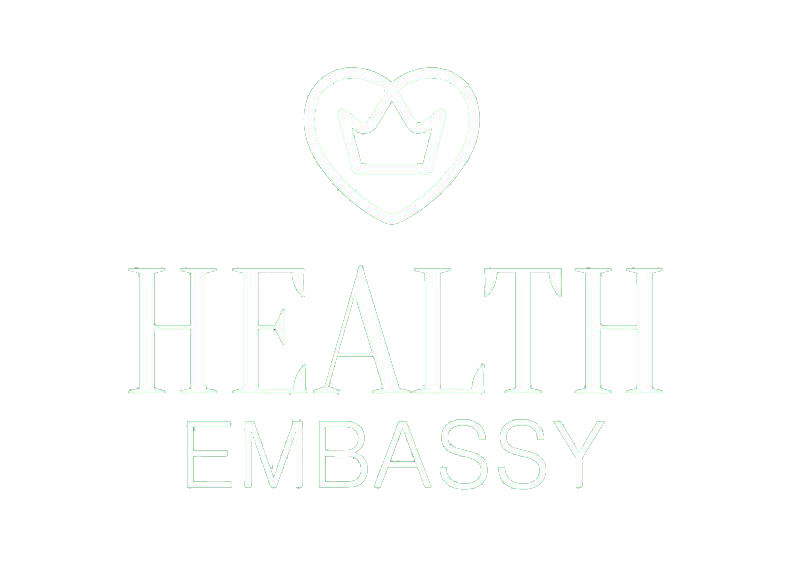Seeds are not just the beginning of new plants but also powerhouses of nutrition that can greatly benefit human health. Whether you’re sprinkling them on salads, baking them into bread, or simply snacking on them raw, seeds offer a plethora of health benefits. In this article, we’ll explore the nutritional power of seeds, how to grow them in your garden, and the various ways to incorporate them into your diet.
Table of Contents
- The Nutritional Power of Seeds
- Growing Your Own Seeds
- Incorporating Seeds into Your Diet
- FAQ
The Nutritional Power of Seeds
Essential Nutrients in Seeds
Seeds are nutritional powerhouses containing a wide array of essential nutrients including healthy fats, protein, fiber, vitamins, and minerals. They are particularly rich in omega-3 and omega-6 fatty acids, which are essential for heart health and brain function.
Health Benefits of Seeds
Incorporating seeds into your diet can offer a range of health benefits, including:
- Heart health: The healthy fats found in seeds, such as omega-3 fatty acids, can help reduce cholesterol levels and lower the risk of heart disease.
- Digestive health: The fiber content in seeds promotes healthy digestion and can help prevent constipation.
- Weight management: Seeds are nutrient-dense and high in protein, which can help you feel fuller for longer and aid in weight management.

Growing Your Own Seeds
Choosing Seeds for Your Garden
When choosing seeds for your garden, consider factors such as climate, soil type, and sun exposure. Select varieties that are suited to your local growing conditions to ensure success.
Tips for Successful Seed Growing
Follow these tips for successful seed growing:
- Start seeds indoors 6-8 weeks before the last frost date in your area.
- Provide adequate light, water, and nutrients for healthy seedling growth.
- Transplant seedlings into the garden after the danger of frost has passed, ensuring they have enough space to grow.
Incorporating Seeds into Your Diet
Ways to Enjoy Seeds
There are numerous ways to enjoy seeds in your diet, including:
- Sprinkling them on salads, yogurt, or oatmeal for added texture and nutrition.
- Blending them into smoothies for a nutrient-rich boost.
- Baking them into breads, muffins, or granola bars for a healthy snack.
Recipes Featuring Seeds
Try these recipes featuring seeds:
- Quinoa Salad with Pumpkin Seeds: Toss cooked quinoa with chopped vegetables and toasted pumpkin seeds, dressed with a lemon vinaigrette.
- Chia Seed Pudding: Mix chia seeds with coconut milk and fruits/sweetener/agave syrup, then let it set in the refrigerator overnight for a creamy, nutritious pudding.
- Flaxseed Banana Bread: Substitute flaxseed meal for eggs in your favorite banana bread recipe for a vegan and nutrient-rich twist.
FAQ
1. Are all seeds equally nutritious?
While all seeds are nutritious, their nutrient profiles can vary. Some seeds, such as chia and flaxseeds, are particularly rich in omega-3 fatty acids, while others, like pumpkin and sunflower seeds, are high in vitamins and minerals. Incorporating a variety of seeds into your diet ensures you receive a broad range of nutrients.
2. Can seeds help with weight loss?
Seeds are nutrient-dense and high in protein and fiber, which can help promote feelings of fullness and aid in weight management. Incorporating seeds into a balanced diet can be a beneficial strategy for supporting weight loss goals.
3. Can I eat seeds if I have nut allergies?
Seeds are often a safe alternative for individuals with nut allergies since they are botanically distinct from tree nuts. However, cross-contamination can occur, so it’s essential to read labels and choose certified nut-free products if you have severe nut allergies.
4. How should seeds be stored?
To maintain freshness and quality, store seeds in an airtight container in a cool, dark place, away from heat and moisture. Refrigerating or freezing seeds eds** can extend their shelf life, particularly for oils or whole seeds that are prone to rancidity.
5. Can seeds be eaten raw?
Many seeds can be eaten raw and are often enjoyed this way as snacks or toppings for dishes like salads or yogurt. However, some people may prefer roasting or toasting seeds to enhance their flavor and crunchiness.
6. Are there any seeds that should be avoided?
While most seeds are safe and nutritious for consumption, certain varieties may pose risks if eaten in excessive amounts or consumed by individuals with specific health conditions. For example, unripe or raw castor beans contain a toxic compound and should be avoided.
7. Can seeds help with digestion?
Yes, many seeds are rich in fiber, which is beneficial for digestive health. Fiber helps promote regularity and supports a healthy gut microbiome, aiding in digestion and prev





